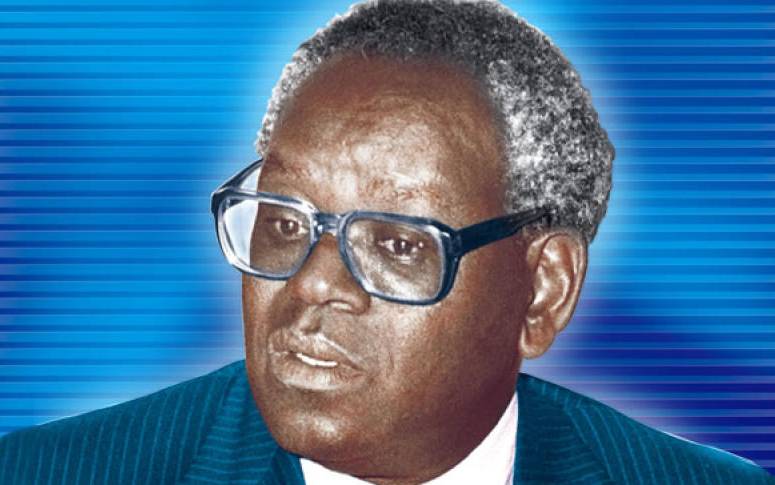×
The Standard e-Paper
Fearless, Trusted News

The doctors had spelt out their grim predictions. But after many hours, his prayers were answered.
His wife Beatrice Nyindombi would live. So too would the little bundle that had triggered all the panic. And for her trouble, she would be named after her mother, Beatrice.